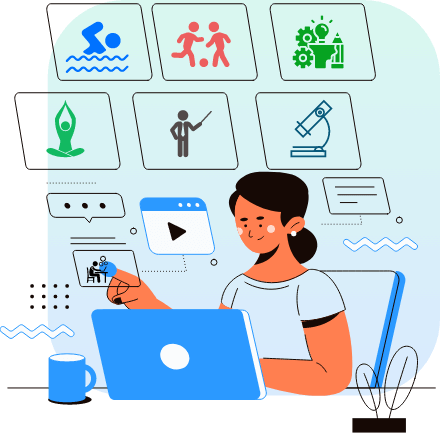

Search in
Ask a Question

Sadiq
C language Faculty (online Classes )
Ask a Question

Sadiq
C language Faculty (online Classes )
C
A low-level language that's ideal for tasks that require precise control over hardware. C is known for its efficiency and speed, and is often used for system programming and developing applications that need to perform well. C is also easier to learn than C++.
C++
A high-level language that's a combination of procedural and object-oriented programming. C++ is great for creating code that runs quickly and efficiently, and communicates directly with hardware components. However, C++ can be difficult for beginners to learn and understand.
Ask a Question

Ranjith N
"Transforming your struggles into success"
Ask a Question

Sadiq
C language Faculty (online Classes )
Ask a Question

Ranjith N
"Transforming your struggles into success"
Ask a Question

Anupam Singh
Teaching all subjects Computer Science and Engineering for the past 11 years.
Ask a Question

Atique Khan
Prof IT Trainer 15 years of Exp Provide Training Online Personal Class Institute School and Colleges
Ask a Question

Atique Khan
Prof IT Trainer 15 years of Exp Provide Training Online Personal Class Institute School and Colleges
Ask a Question

Atique Khan
Prof IT Trainer 15 years of Exp Provide Training Online Personal Class Institute School and Colleges
Ask a Question

Ranjith N
"Transforming your struggles into success"
Overview
Questions 205
Ask a Question
The best tutors for iOS Development Classes are on UrbanPro

The best Tutors for iOS Development Classes are on UrbanPro